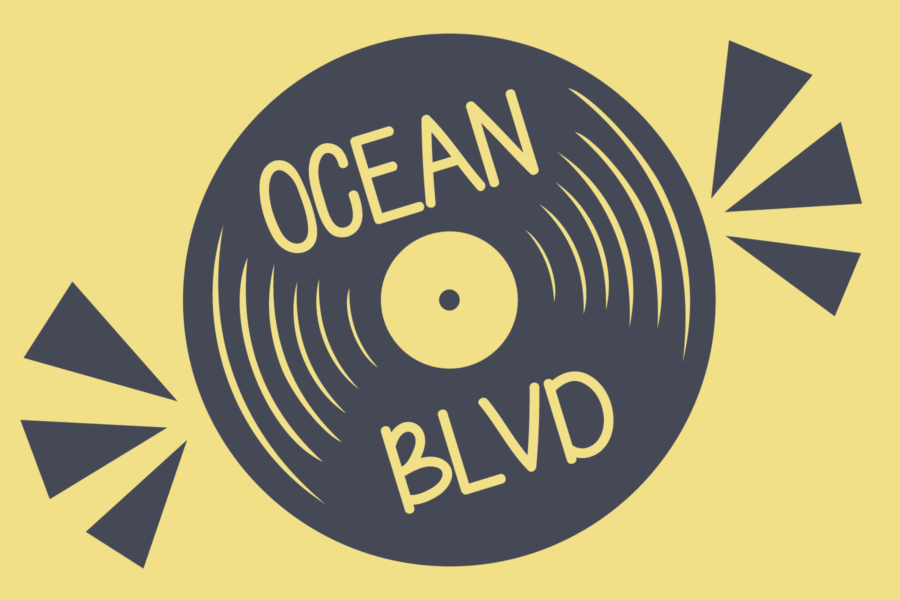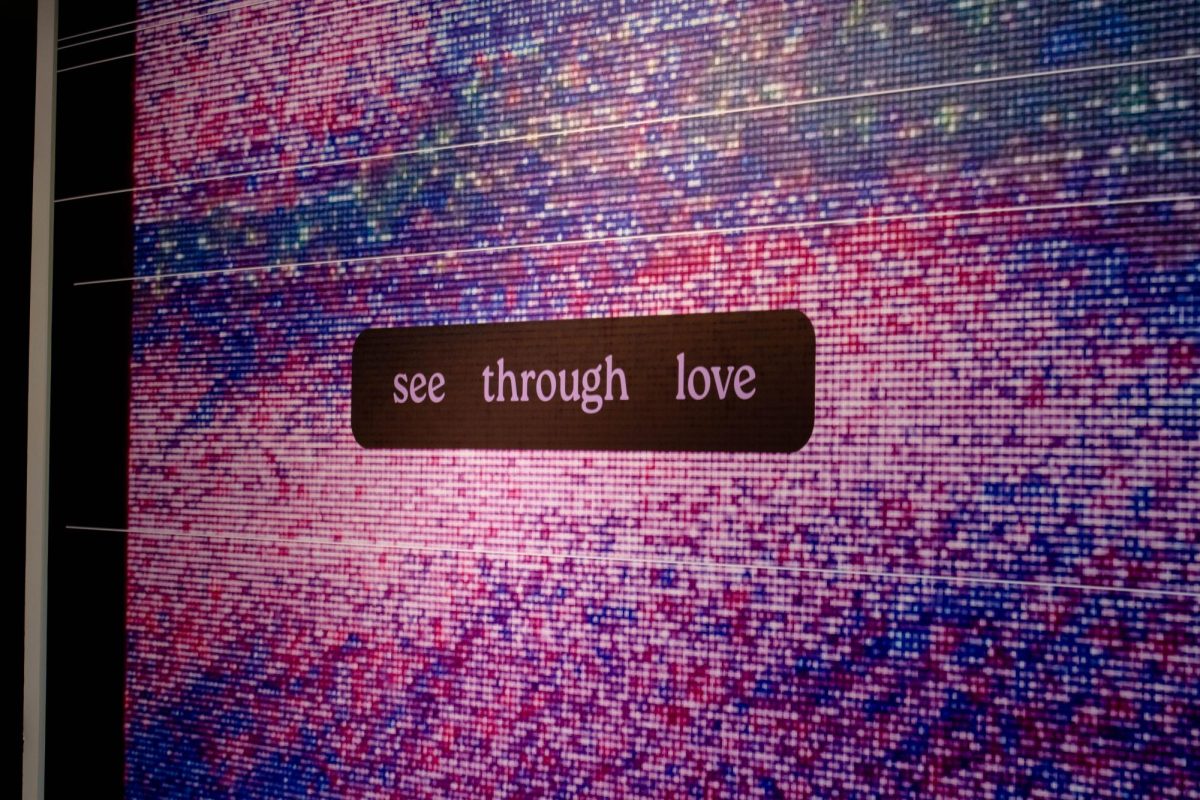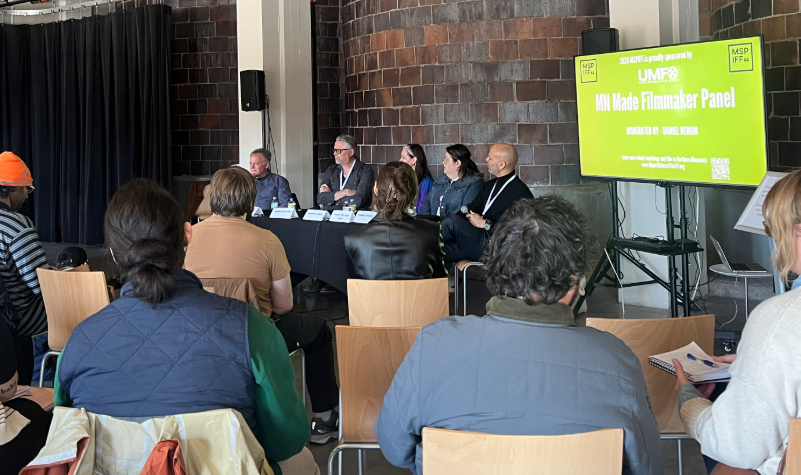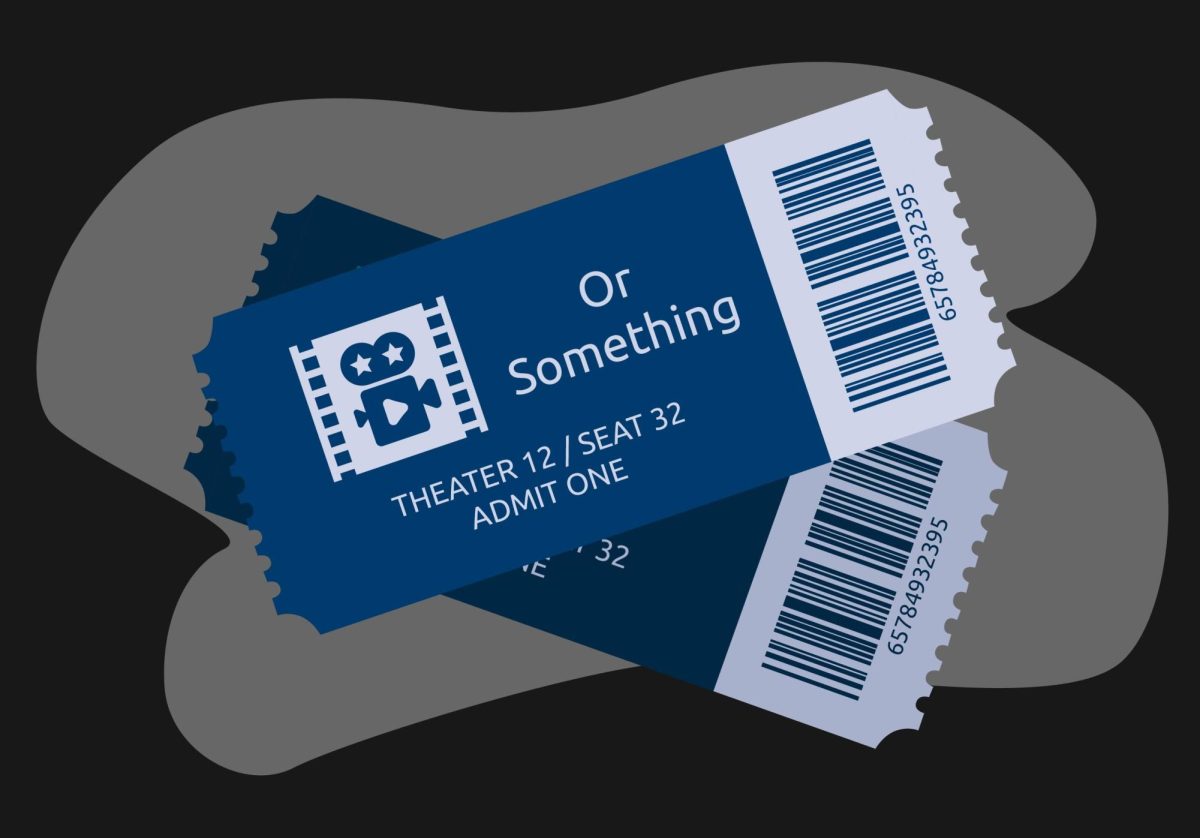Lana Del Rey continues her reign as one of the greatest singer-songwriters of the past decade with her ninth studio album, “Did you know that there’s a tunnel under Ocean Blvd,” released March 24.
Del Rey has been incredibly prolific in recent years. In the four years following her magnum opus, 2019’s “Norman F****** Rockwell!”, she has released three full-length studio albums.
Piano and Del Rey’s vocals create a moody atmosphere on “Ocean Blvd.” Del Rey and her collaborators are not doing a complete 180 with the musical palette on this album, but it is incredibly cohesive in its darkness.
Totaling 77 minutes in length, “Ocean Blvd” is Del Rey’s longest yet, but the well-realized musical vision behind the album keeps it from dragging. The cohesive tracklist flows and blends extremely well without feeling monotonous.
The album’s opening track, “The Grants,” gives the album a raw feel from the start. The album starts with just featured artists’ vocals, then, about a minute into the track, the piano begins, a string arrangement quietly announces itself and, finally, Del Rey’s vocals appear.
Del Rey uses the high register she perfected on “NFR” on the track’s pre-chorus, singing “Do you think about Heaven? Oh, do you think about me?”
The album’s title track comes second and continues the somber feel of the first track with a similarly minimal arrangement.
Recently there has been a feeling of Jack Antonoff fatigue among pop music listeners. For many fans of Taylor Swift, Lorde and Del Rey, Antonoff’s production style has gotten old after so many years of dominance with his collaborations with these singer-songwriters.
On “Ocean Blvd,” Antonoff, who is credited as a producer on nearly every song, branches out into different production styles that should quiet some of his critics, at least for now.
“A&W,” track four, is a particularly great example of this. Antonoff rarely gets edgy with his production, but with the second half of the song’s distorted bass, he is obviously experimenting with his production style, finally.
The seven-minute-long track is the greatest song Del Rey has ever released, a brilliant slow burn that climaxes with an incredible beat switch. The second section of the song draws Billie Eilish comparisons without sounding derivative.
“A&W” stands for “American whore” in this context, not the burger-rootbeer chain. The double entendre title, along with its gothic lyrics, encapsulates all that attracts both Lana’s stans and haters. It is referential, sensuous, dirty, feminist, languid and sonically spectacular.
The sixth track, “Candy Necklace,” featuring the popular and ubiquitous musician Jon Batiste, is another standout track on the album. The main piano line is brilliant, giving the track a similar dramatic feel to other tracks on the album while still being catchy.
The interlude that follows “Candy Necklace,” the aptly titled “Jon Batiste Interlude,” is a beautiful piano instrumental (with some subtle background vocals from Del Rey present in the mix) that compliments “Candy Necklace” perfectly.
Despite the ringtone rap chorus, “Peppers,” featuring Tommy Genesis, does not feel out of place on the album. The verses have the same murkiness as many of the piano-driven tracks that make up “Ocean Blvd.”
The album’s closing track, “Taco Truck x VB,” also displays a hip-hop influence, one Del Rey has had in her music for years. The track’s chorus instrumentally and melodically sounds like it could have been from one of her pre-“NFR” albums. That is, if it didn’t sample an “NFR” song, “Venice B****.”
Del Rey has delivered another great project with “Ocean Blvd,” one that builds on her carefully cultivated image and signature mystique.














